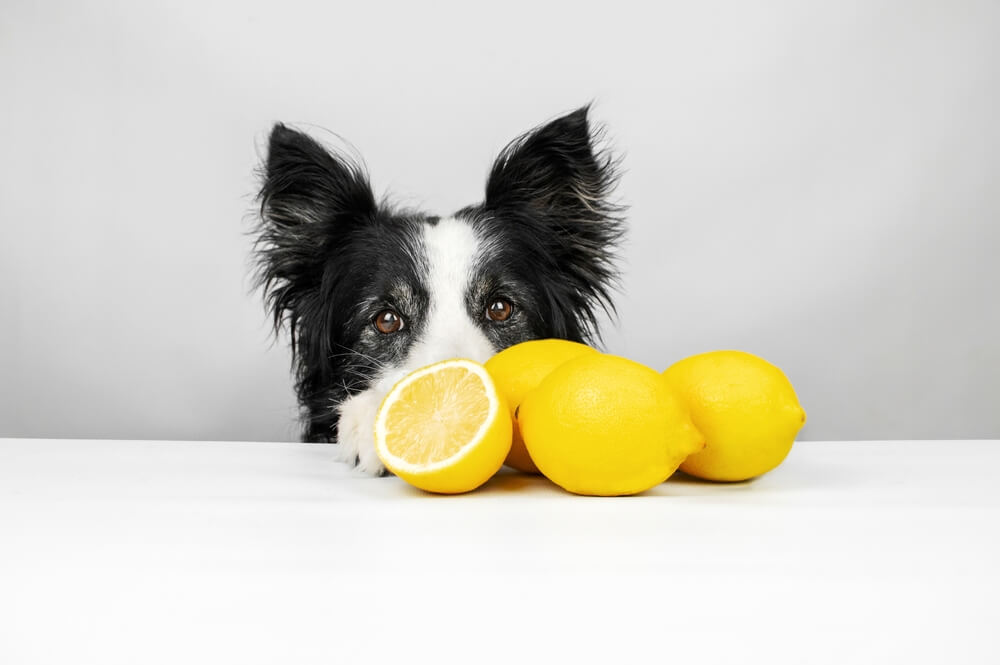
DogFoodAdvisor is reader supported See how
Dog Food Advisor is 100% impartial and is never paid to promote any brand. But if you buy using links on this page, we may earn a referral fee.
Brits are often called ‘Limeys’ by Americans, after British surgeon James Lind discovered that vitamin C-rich citrus fruit kept sailors’ scurvy at bay.
But what about vitamin C for dogs? Do they need to keep up their vitamin C intake? Can they have too little or too much?
Unlike humans, dogs possess the natural ability to make their own vitamin C in their liver,1 so you’ll be glad to know that, generally, they can get on fine without extra vitamin C supplementation in their diet.
Is Vitamin C Good for Dogs?
There’s no need to worry if you don’t find vitamin C, or any of the foods that naturally contain it, on your dog food’s ingredient list, as your healthy dog can take care of that missing nutrient all by themselves.
Vitamin C does have some benefits for certain dogs, though, which we explain more about below — mainly for dos who are ill or suffering certain health conditions. But for the majority of dogs, extra vitamin C in the diet or via supplements is not required.
Is Vitamin C Bad for Dogs?
Too much vitamin C can sometimes result in problems for your dog — issues can include diarrhea and gastrointestinal distress, bladder stones and urinary tract infections.
How Much Vitamin C Should Dogs Have?
Bear in mind the Association of American Feed Control Officials (AAFCO) nutrient profiles for dogs don’t include requirements for vitamin C in dog food as they make their own.
If you decide to give your dog vitamin C supplementation, whether it’s to help with a health issue or just as supplementation, experts suggest beginning with 18mg per pound of bodyweight, as that’s how much the average dog makes per day. Vets recommend dividing the dosage across your dog’s meals throughout the day.
Please note that if you’re thinking of giving your dog extra vitamin C, ensure you discuss your plan with your vet first.
The Benefits of Vitamin C for Dogs
There have been some reports claiming vitamin C could help dogs with certain health issues. These issues can include hip dysplasia, joint pain, and a weak immune system. Supplementation of vitamin C could also help dogs who are suffering from illness or stress.
Some other benefits of vitamin C for dogs can include:
- Improves coat quality
- Helps collagen formation
- Aids defense against infection
- Reduces inflammation
If you’re thinking of boosting your dog’s vitamin C levels naturally, here are some foods that contain the vitamin C:
- Fish
- Blueberries
- Strawberries
- Sweet potatoes
- Yoghurt
Read more articles on canine nutrition.
Final word
The Dog Food Advisor does not accept money, gifts, samples or other incentives in exchange for special consideration in preparing our reviews.
However, we do receive a referral fee from online retailers (like Chewy or Amazon) and from sellers of perishable pet food when readers click over to their websites from ours. This helps cover the cost of operation of our free blog. Thanks for your support.
For more information, please visit our Disclaimer and Disclosure page.
Article reviewed by
Laura Ward
Pet Nutritionist
Laura studied BSc (Hons) Animal Science with an accreditation in Nutrition at the University of Nottingham, before working for eight years in the pet food and nutrition industry.






